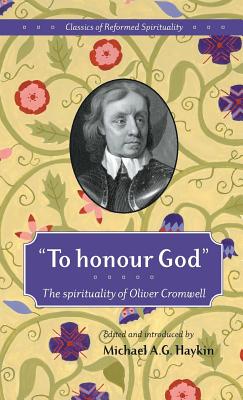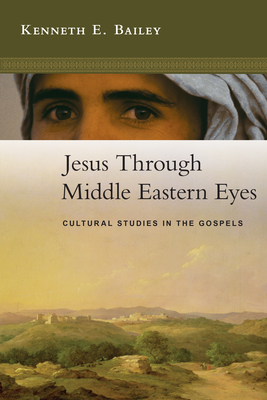
description
to Cromwell's spirituality has no intention of being hagiographical. That would be both false to the facts and a betrayal of the intent expressed in Cromwell's confessional remarks, namely his desire to live a life of Christian integrity. On the other hand, it does seek to recommend certain aspects of Cromwell's spirituality as a model for believers today, for the author is convinced that his spiritual vision, and that of the Puritans in general, still possesses ongoing value for the contemporary church.
Spirituality lay at the very core of English Puritanism. Whatever else the Puritans may have been--social, political and ecclesiastical Reformers--they were primarily men and women intensely passionate about piety and Christian experience. And as will be seen in the extracts from Cromwell's writings, he is no exception. He is quintessentially Puritan.
member goods
No member items were found under this heading.
Return Policy
All sales are final
Shipping
No special shipping considerations available.
Shipping fees determined at checkout.







